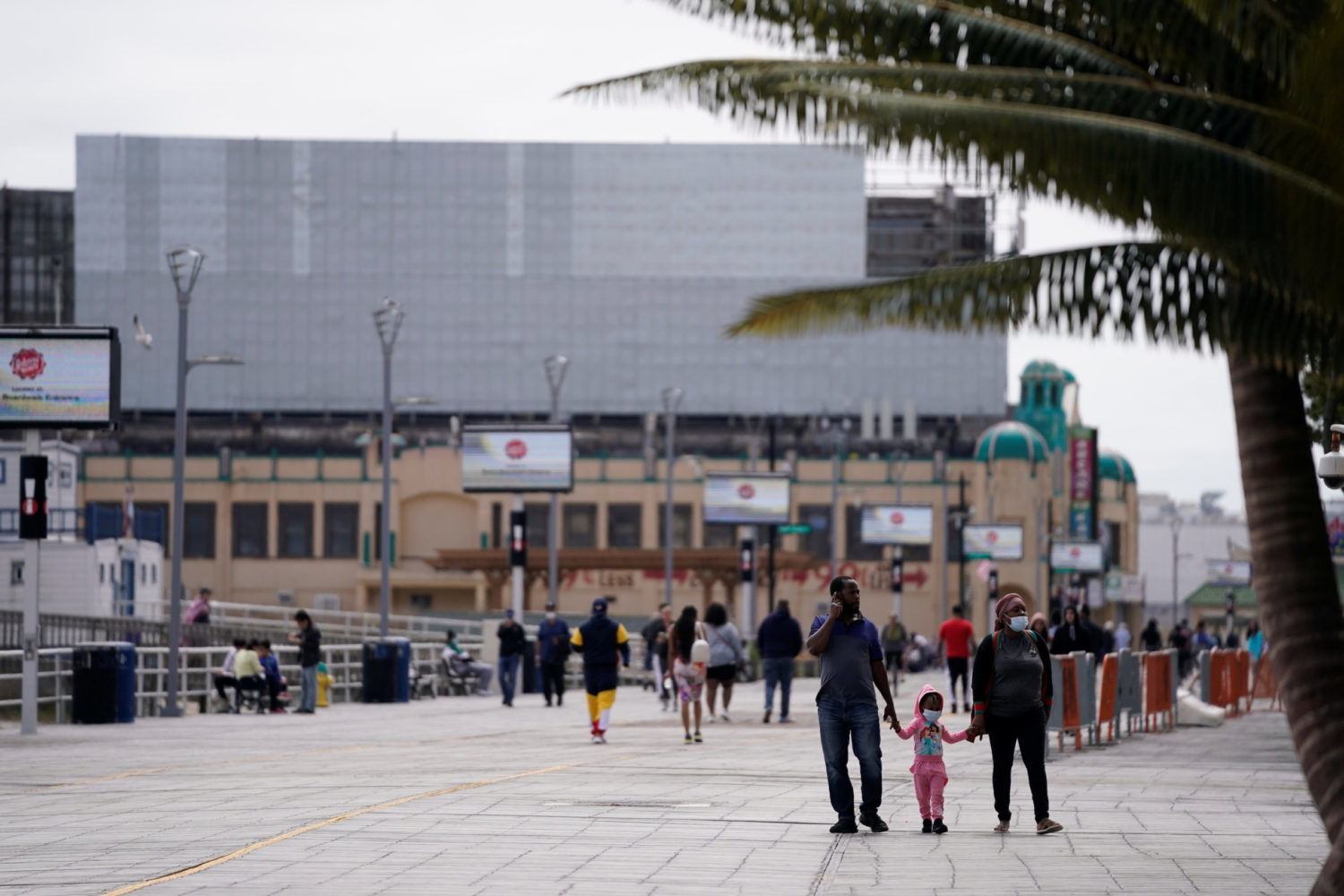
By Andrew Hay
RED RIVER, N.M. (Reuters) – In the New Mexico mountain resort of Red River, tourists from Texas stroll along Main Street, most disregarding Governor Michelle Lujan Grisham’s orders they quarantine and wear masks.
It’s the same in other New Mexican tourist towns such as Taos and Santa Fe, except nearly all their visitors wear face coverings – surrounded by signs warning of fines if they don’t.
Like governors in at least 15 states, Democrat Lujan Grisham has ordered out-of-state tourists to self-isolate, citing data that about one in 10 of New Mexico’s spiking COVID-19 cases comes from visitors.
Enforcing the orders is proving difficult, given the lack of a national plan, police reluctance to take on the massive task, and Americans’ penchant for driving hundreds or thousands of miles to vacation, even in a pandemic.
A U.S. road trip this summer means navigating through a patchwork of quarantine regulations across various states, most of them voluntary.
New York, New Jersey and Connecticut require travelers from 19 states with high COVID-19 infection rates to self-quarantine for two weeks upon arrival. New York imposes fines.
Hard-hit Florida requires travelers from those three states to self-isolate for 14 days whether arriving by plane or car, or face a $500 fine.
Kansas, Maine, Massachusetts, Pennsylvania and Vermont all have varying self-isolation rules.
‘TAKING AWAY OUR LIBERTY’
New Mexico published newspaper ads in neighboring Arizona and Texas, states respectively reporting 27% and 18% positive coronavirus test rates, urging their residents not to visit. Health experts consider a 5% rate to be worrisome.
But tourists keep coming.
“I think it’s bullshit. They’re saying the masks should work, so why should you be quarantined?” said Chris Fry, 59, a feed company manager from Dimmitt, Texas, staying in his cabin near Red River and stopping in town for ice before going fishing.
A 45-minute drive south in Taos Plaza, Louisiana tourist Christy Brasiel was frustrated the historic Native American community was closed to visitors and compared Lujan Grisham’s rules to “communism or socialism.”
“They’re taking away our liberty,” said Brasiel, 49, staying in an Airbnb rental to avoid her voluntary quarantine order enforced by local hotels that turn away out-of-state visitors.
As in cities across New Mexico, police in Red River have yet to issue citations for non-compliance to COVID-19 rules, said Mayor Linda Calhoun, a Republican, adding that she is encouraging businesses to require masks.
“We live off of tourists, that’s all we have, so it’s very difficult for us to enforce the order,” Calhoun said of the quarantine rule in her town nicknamed “Little Texas” for the number of visitors from that state.
Many locals in Taos County, where COVID-19 cases have doubled in the last month, are dismayed by the rule breaking.
“It doesn’t make any sense to be so selfish,” said lawyer Maureen Moore, 67.
“WE DON’T WANT YOU HERE”
Only three weeks ago, as outbreaks raged across the U.S. Sunbelt, New Mexico reported stable or declining daily cases.
A poor state with limited hospital capacity, New Mexico used early, tough restrictions to curb the pandemic.
But with its positive test rate rising above 4%, Lujan Grisham has scolded New Mexicans for letting down their guard since she eased restrictions on June 1, and on Monday re-closed indoor restaurant dining.
On a shortlist as a running mate to presumptive Democratic presidential nominee Joe Biden, Lujan Grisham has also rounded on tourism, the state’s second-largest industry.
“We don’t want you here now,” she told potential visitors in a July 9 press briefing, taking special aim at Texans. “I want you to stay in Texas.”
Lujan Grisham said New Mexico State Police would “aggressively” enforce her quarantine and mask orders. The force has handed out 13 verbal warnings for mask violations but none for quarantine non-compliance, a spokeswoman said on Monday.
The rules are piling pandemic pain on businesses in the state. Standing outside his Red River supermarket, business owner Ted Calhoun said Lujan Grisham had gone too far.
“Ordering visitors to do a 14-day quarantine is killing the tourist industry of New Mexico,” said Calhoun, the mayor’s husband.
(Reporting by Andrew Hay in Red River, New Mexico; editing by Bill Tarrant, Tom Brown and Alistair Bell)












